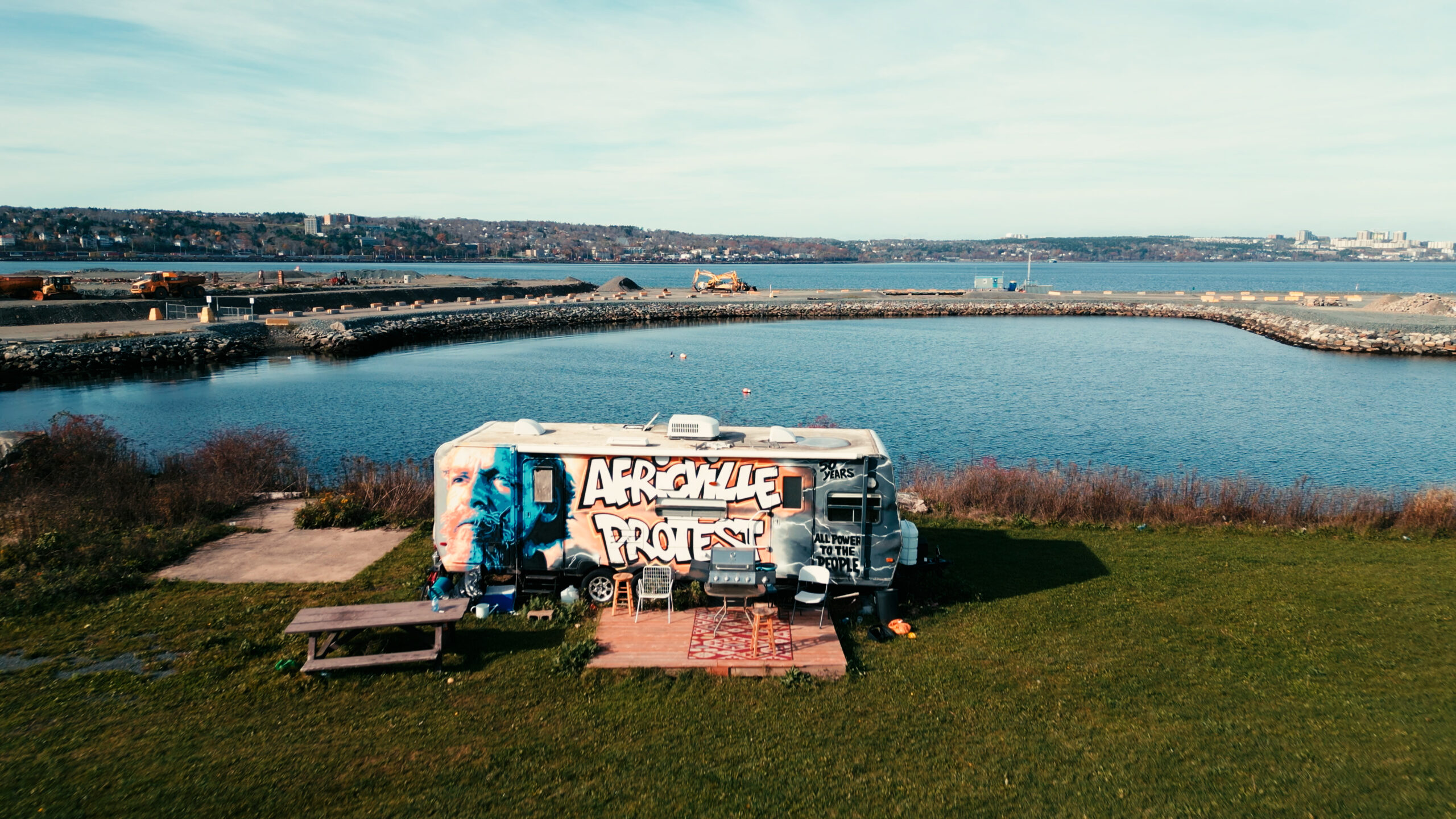By Mike Collins-Williams, RPP, MCIP, CEO of West End Home Builders’ Association
Opinion.
The population of Canada is growing at a historic rate. Statistics Canada says the country’s population grew by 362,453 people, or 0.9%, between July and October alone. That influx of people over the three-month period was more than the total population growth of 350,000 in all of 2011. And it was the fastest single-quarter growth rate since the second quarter of 1957. An incredible 800,000 people have been added in the past year. Most of these people are moving to Ontario, where we have a shortage of housing. In fact, our province is expected to grow by more than two million people by 2031. There is an urgent need to build more homes, quicker. Despite this, home building hasn’t kept pace.

To cope with the housing shortage, a growing number of people are fleeing our larger cities for communities much further out. In some cases, displacement of our young talented workforce is even causing people to flee the province as we have seen with Alberta’s rather successful “Alberta is Calling” marketing campaign. They include teachers, nurses, hospitality industry workers and construction workers — the very people who keep those cities running. The status quo is not an option. Bold and, quite frankly, disruptive action is required.
The provincial government recently passed an ambitious piece of housing legislation (Bill 23) and revised Halton’s Official Plan. Local politicians oppose the provincial changes, despite the City of Burlington’s own Housing Strategy recommending some of the same actions the province is taking, including expanding housing options within existing neighbourhoods and reviewing possible exemptions to city fees to support the delivery of affordable housing. The fact of the matter is that we are not doing enough to address the housing crisis, and no one should be surprised that the provincial government has intervened.

The reality is that the changes needed to fix the housing crisis will be disruptive if they are to be transformative. The challenge we’re encountering is that at a local level, our representatives have resisted intensification in downtown Burlington and have delayed new housing on the GO corridor and in other growth nodes. And in Burlington, we have barely even begun to talk about adding more accessory apartments to existing single family home lots. We need to rethink planning for the young families and new Canadians who wish to make Burlington home. That is part of the reason why provincial plans include new housing targets for Ontario’s 29 largest cities, including Burlington. The City of Burlington will be required by the province to plan for 29,000 new units of housing by 2032, which is more than double our current pace of construction.
Municipalities have also expressed concern that the province is setting limits on development charges for new housing. Despite being a catchy phrase, “growth paying for growth” is not actually a policy, but rather a political slogan where all kinds of additional costs are downloaded onto young people, new residents, and new immigrants trying to break into the housing market. Here in Burlington, council passed a 500% increase in parkland fees from $5,000 to nearly $25,000 even for a small one-bedroom condo. That astounding fee is just one of many different taxes and fees levied on new housing to fund city coffers. The provincial intervention to limit these escalating costs was needed. Over the past decade, property tax increases have been largely offset by major tax increases on new housing. Clearly something is amiss with those types of increases shouldered by young people and newcomers struggling to break into the housing market.
To get to the bottom of this, the Ontario Home Builders’ Association has called on the provincial government to launch an independent audit of major municipalities’ collection and use of growth-related funding charges. Given the accumulation of significant municipal reserves, it is in the public interest to ensure that the funds collected are used for their intended purpose. Currently, municipalities across the province hold in unspent reserves an excess of $9 billion from development charges and parkland fees, and these reserves are growing rapidly.
We’ve seen all sorts of misinformation on what the provincial changes actually mean. It’s important that we’re clear. The province is not proposing to give developers a free ride, but rather target incentives for the specific types of housing we need more of (affordable, non-profit, and rental housing). The most vulnerable members of society that need more affordable housing should not be having these massive municipal costs passed onto them. Furthermore, a social good such as affordable housing is not a direct growth-related capital expense and should not be funded through new developments, but rather be funded through the broader tax system. Affordable housing is a public good. As President Joe Biden once said, “Don’t tell me what you value. Show me your budget, and I’ll tell you what you value.” If Burlington residents value affordable housing, it should be supported broadly.
Local politics is half the reason we find ourselves in a housing crisis. When local governments resist new construction, the cumulative effect is that our region does not provide enough housing. The housing crisis is a province-wide issue with municipalities stalling housing construction. Reducing taxation on new housing — especially affordable and rental housing — needs to be a part of the solution. Tinkering around the edges with a patchwork of tiny changes will not generate the transformative change Ontario needs. For Ontario to meet ambitious home-building targets, bolder action from all three levels of government is needed.




